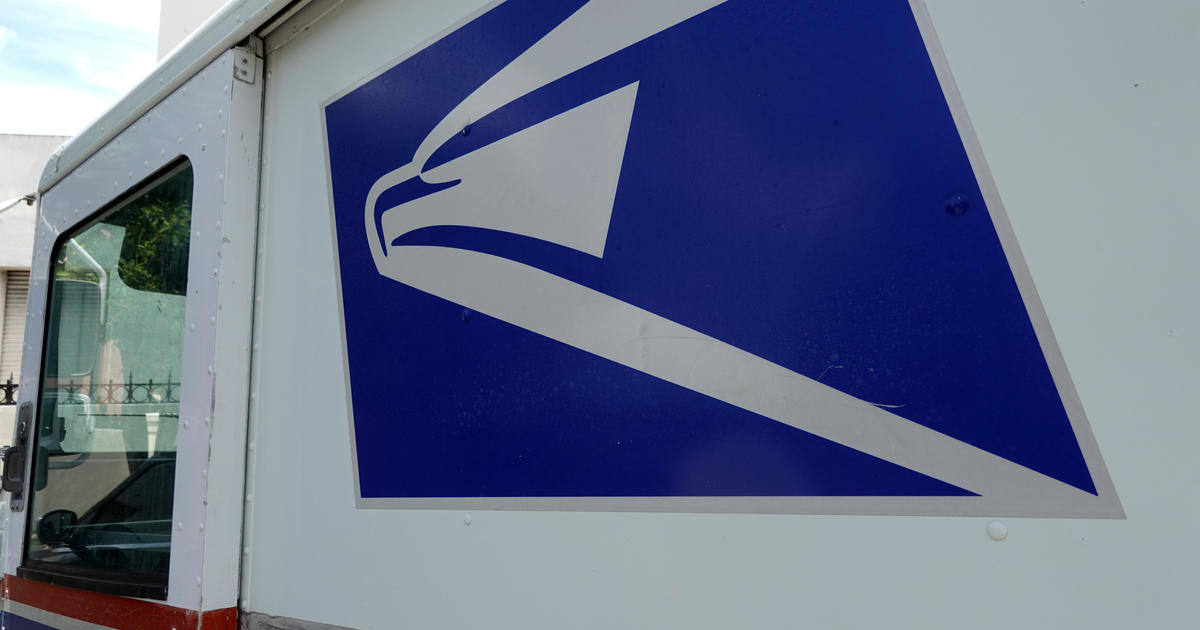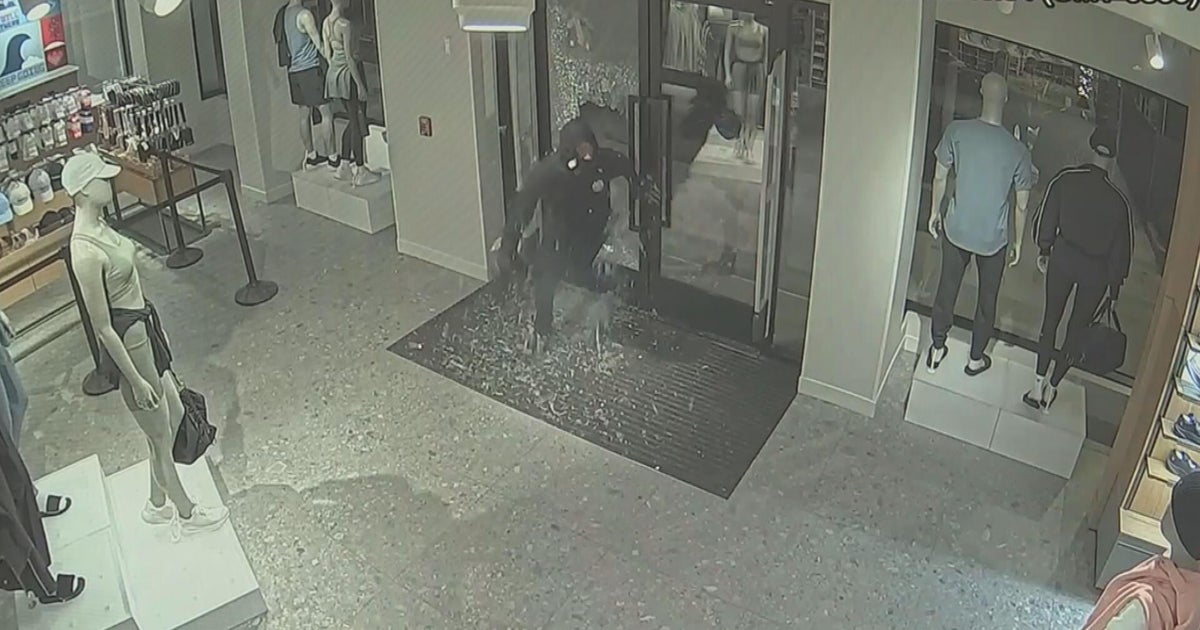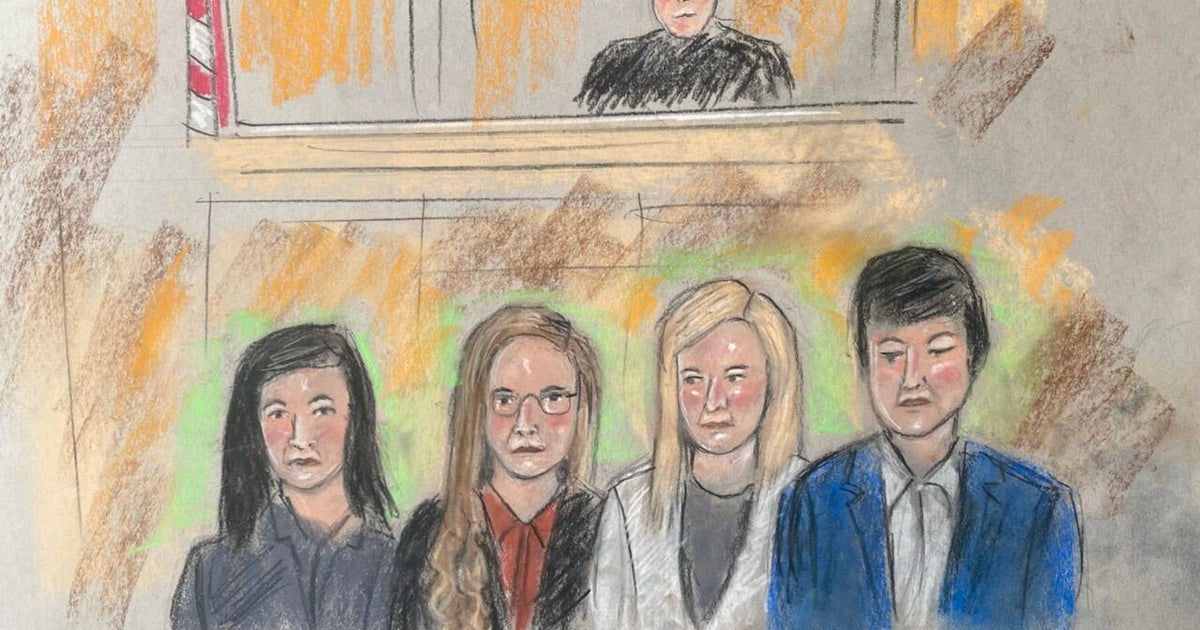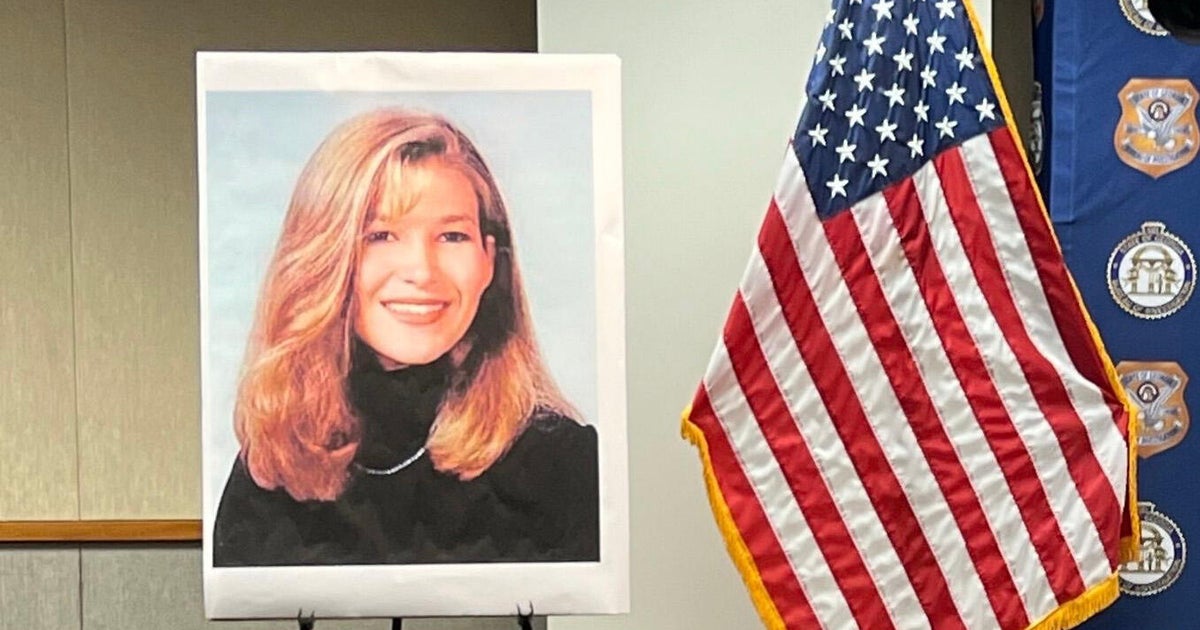Russian Hacker Who Targeted Silicon Valley Will Be Extradited To US
PRAGUE (AP) — A Prague appeals court on Friday upheld a lower court ruling that a Russian man who faces charges of hacking computers at American companies can be extradited to the United States.
Czech authorities arrested Yevgeniy Nikulin in Prague in cooperation with the FBI in October last year. He is accused by U.S. prosecutors of penetrating computers at Silicon Valley firms including LinkedIn and Dropbox in 2012.
Moscow also wants him extradited on a separate charge of internet theft in 2009.
Prague's Municipal Court ruled in May that both extradition requests meet the necessary legal conditions.
Nikulin appealed his extradition to both countries but later withdrew an appeal against his extradition to Russia.
Following the ruling by Prague's High Court, it is now up to the justice minister to approve or dismiss the extradition. It is not clear when a decision can be expected.
Nikulin's defense attorney said he was "surprised, astonished and disappointed."
"I don't share the legal opinion of the High Court and I will take the steps I can to reverse it," Martin Sadilek said.
State Prosecutor Marcela Kratochvilova welcomed the ruling.
"There are no reasons to prevent extradition," she said.
Nikulin denied he was a hacker and claimed he's a car lover. He ran a popular Instagram account devoted to sports cars and socialized with the children of the Kremlin's elite, including the daughter of Russian Defense Minister Sergei Shoigu.
Sadilek suggested again Friday that the case was politically motivated. He had previously said U.S. authorities appeared to be using Nikulin as a pawn in the investigation into alleged Russian hacking in the U.S. election.
Nikulin previously claimed he was twice approached by U.S. authorities while in detention, in the absence of his previous lawyer. He said they urged him to falsely testify that he cooperated in the hacking attack on the Democratic National Committee ordered by Russian authorities. He said U.S. authorities would, in exchange, give him money and a life in the United States, which he refused.
The U.S. has accused Russia of coordinating the theft and disclosure of emails from the Democratic National Committee and other institutions and individuals in the U.S. to influence the outcome of the 2016 presidential election. Russia has vigorously denied that.
There is no indication that Nikulin's case is connected to the DNC hacking accusation.
Judge Karel Semik said Friday what what Nikulin is accused of is a normal criminal act and not a politically motivated criminal activity. Semik stressed it is not a task for the Czech court to decide whether he's guilty but whether the extradition request meets all necessary legal conditions.
The hearing took place in the presence of heavily armed police officers. Nikulin was transported from a nearby prison to the court room via an underground tunnel.







